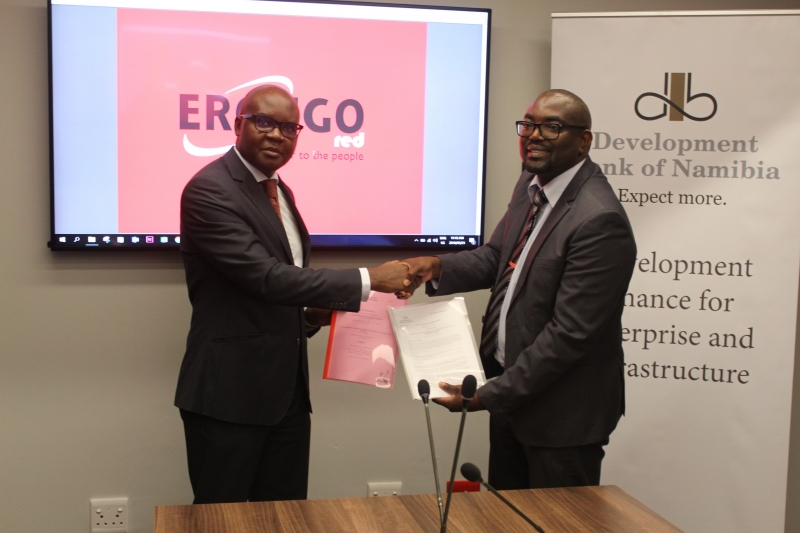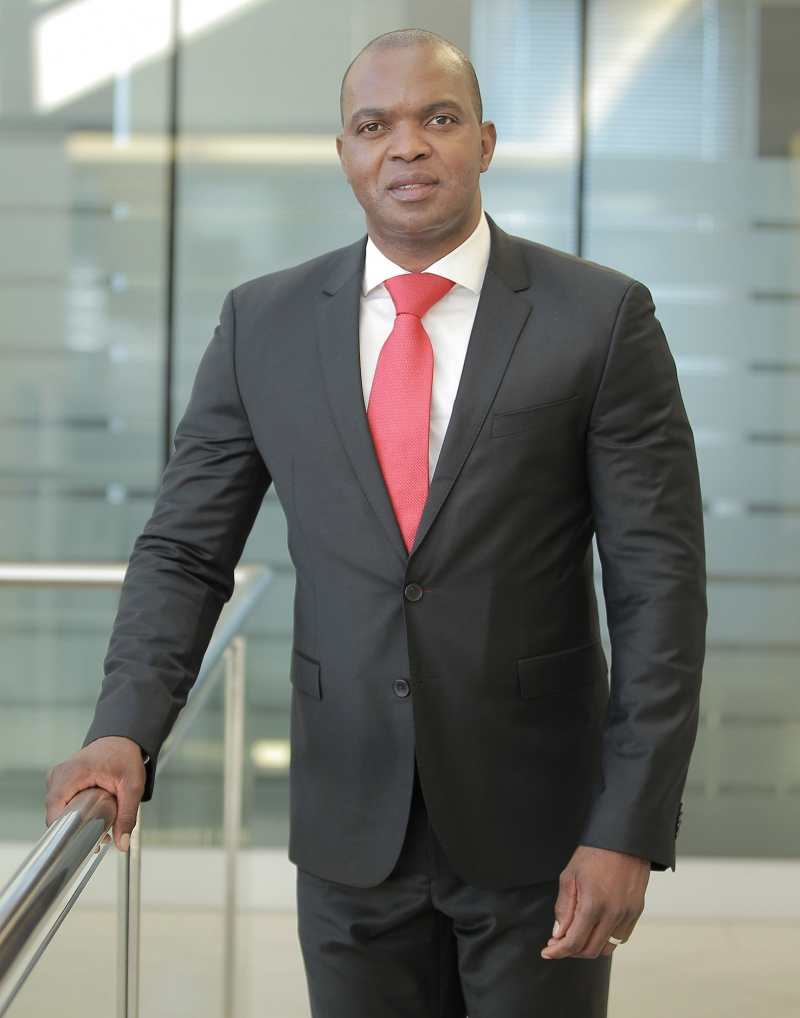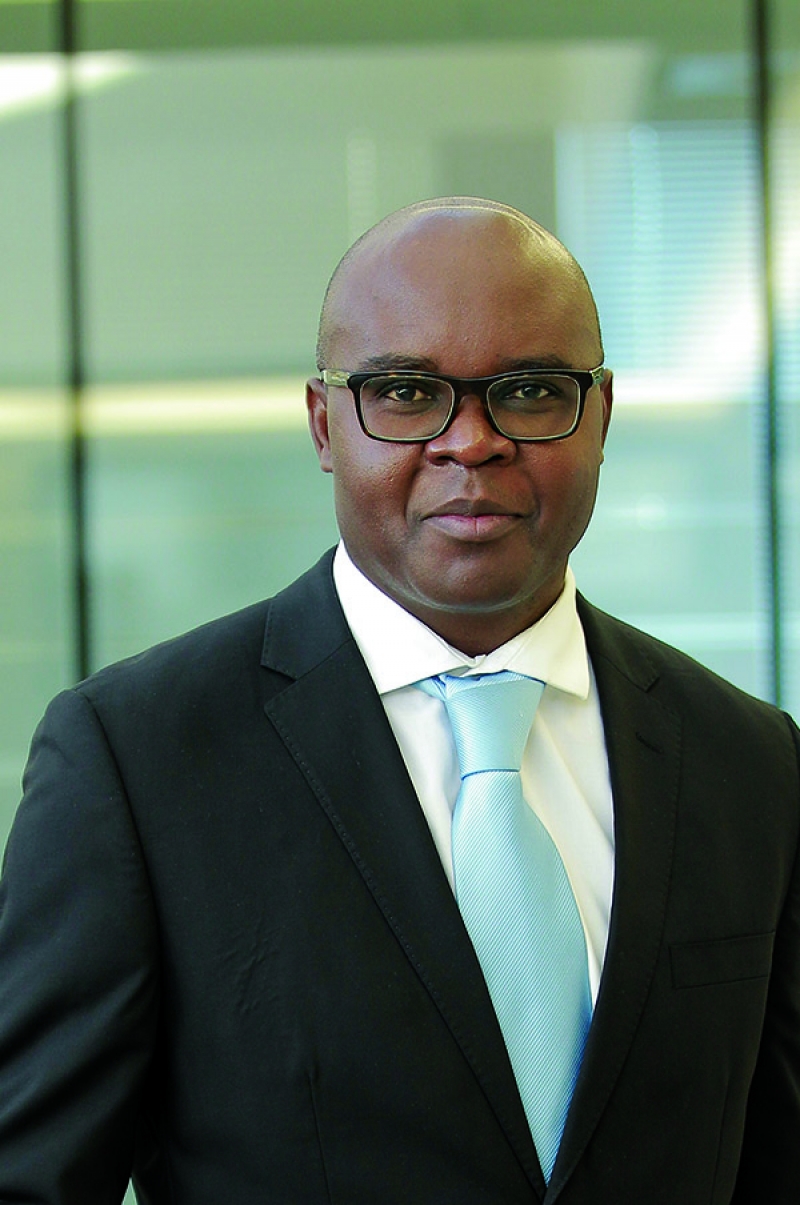 Call 061 290 8000
Call 061 290 8000 Click to mail us
Click to mail us FAQs
FAQs

Development Bank loan for Erongo RED
Finance for mass housing and waterfront energy supply
The Development Bank of Namibia (DBN) has provided an additional N$150 million for Erongo RED. The amount is being used to finance additional second phase electricity distribution requirements for the Swakopmund mass housing development, and for the waterfront.
Erongo RED previously used N$250 million from DBN to finance its first phase project to upgrade aging distribution infrastructure to Walvis Bay.
Talking about the need for the loan at the signing ceremony that took place on 24 May 2018, DBN Chief Executive Officer, Martin Inkumbi says high quality power supply to the Erongo Region is of national importance. He motivates this by explaining that Erongo is currently a major transport and logistics gateway to Namibia by virtue of the port of Walvis Bay. Mining, another major industry, also underscores the importance of the region, and its contribution to the economy. He adds that the region is also a major attraction in terms of tourism, which contributes to the national revenue.
He goes on to say that economic activity in the region is dependent on electricity. Without suitable distribution infrastructure, the region will not be able to attract additional enterprises and grow.
Speaking about the individual use of the finance, Inkumbi says that distribution of electricity to families and individuals in affordable housing is a basic necessity for socio-economic wellbeing. Viewed in an economic light, Swakopmund must be able to attract and retain employees, in order for new enterprises to open and existing enterprises to grow. In this way, the upgrade to the distribution network will have an immediate impact and will secure the future.
On the topic of the waterfront development, Inkumbi says it has created jobs during its construction phase, as well as permanent jobs, in addition to being a locale for enterprise. In order to attract commercial investment, Swakopmund, and Erongo RED, have to show demonstrate their commitment to providing enterprise, and investors, with the necessary infrastructure.
Inkumbi goes on to say that although the Bank is widely known for financing renewable sources of energy such as Omburu Photovoltaic Park and the Ombepo Wind Farm, the Bank is also committed to financing the infrastructure for traditional sources of energy.
Where there is sufficient energy, there is an environment that is conducive for enterprise, as well as for acceptable standards of living, he explains. The combination of infrastructure and enterprise are fields which the Bank actively nurtures with finance, and the Erongo Region is a good example of how finance can stimulate development and economic activity. The Bank has approved loans of more than N$4.6 billion to the Erongo since its inception
Inkumbi concludes by urging other regions to approach DBN with plans for infrastructure. The Bank, he says, has the capacity as well as the mandate to provide finance for growth.
Development Bank strengthens anti-fraud reporting
The Development Bank of Namibia (DBN) has strengthened its fraud reporting mechanisms, says Senior Manager: Corporate Commu- nication, Jerome Mutumba.
In terms of improved fraud reporting, the Bank has outsourced its reporting channels to local auditors Deloitte. This step was taken to ensure that potential whistleblowers feel that they can report fraud in a neutral environment. Says Mutumba, the Bank has become aware of the global phenomenon that whistleblowers are wary of making reports for fear of victimization. In order to adhere to global best practices, and in adherence with the new Whistleblowers Act of 2017, the Bank has adopted the new mechanism.
The benefits of the new system are that whistleblowers can report anonymously, in a neutral environment. This applies to the public who may believe that DBN resources are being misused, as well as to staff within the Bank.
Says Mutumba, the Bank is both ethical, and holds itself accountable for capital placed under its stewardship. In light of this, the Bank is taking proactive steps to prevent misuse of its funds. Not only is fraud reporting expected to expose attempted fraud, but it will also deter it by creating an environment that is hostile to abuse
On the topic of the types of fraud that the Bank is alert to, Mutumba says there are three forms at stake.
The first is corruption, which commonly consists of bribery, conflicts of interest, illegal gratuities (kickbacks) and economic extortion in which a service is withheld before payment is received.
The second is asset misappropriation, which consists of theft or misuse of assets, including cash. This might also include fraudulent disbursements or misuse of payments received from the Bank.
The third is statement fraud, in which a borrower or potential borrower understates or overstates assets in order to present a false ap- pearance which can influence treatment of applications and management of accounts after borrowing.
Mutumba goes on to say that the potential for fraud is well-managed by the Bank’s Risk and Compliance function, as well as with checks and balances during the application process. He adds that during the application process, assessment of proposals is done by three independent committees. Post borrowing, accounts are monitored for deviation from terms. In addition, various functions of the Bank observe borrowers and enterprises in situ.
The Bank is determined to hold itself accountable, and to achieve this, it will continue to review its mechanisms and adopt best practic- es as they become apparent, he says.
Mutumba concludes by calling on any member of the public who has evidence of any form of fraud perpetrated against the Bank to use the anti-fraud communication channels. More information on reporting can be found at www.dbn.com.na
DBN CEO Martin Inkumbi announces N$1 million sponsorship for UNAM programme
Development Bank of Namibia (DBN) CEO, Martin Inkumbi, has announced that the Bank will provide N$1 million to sponsor the multidisciplinary MA in Development Studies, to be offered at the Oshakati UNAM campus.
Talking about the need for development at the launch of the programme, Inkumbi said development addresses the inequities of the past as well as preparing for future needs.
He said Namibia still has to address economic structural issues that have excluded the majority of Namibians from formal economic activity, and reduced them to subsistence activities. On the other hand, Namibia has forecasts of economic requirements brought about by population growth, and the need for competitiveness, locally, in the SADC, in other African economic blocs, and in global economies.
He went on to say that the Bank has to respond to national plans, such as the Harambee Prosperity Plan, NDP5, as well as other economic development directives from the government. Yet although its activities are directed by its mandate, the Bank has a responsibility to interpret the various needs and respond to them in a manner which provides the best possible outcome in terms of development impact.
The MA course, he elaborated, represents a deepening of the pool of knowledge with which the Bank will engage in future. Graduates and those who audit the lectures will add to the shared development knowledge base and will be able to contribute to formation of common goals. The graduates will also constitute a deepening of the pool of human resources for all development institutions in Namibia, as well as for the commercial sector.
Inkumbi said the Bank expects the MA in Development Studies programme to take a lead in the discipline of economic development and transformation, and to lead the way to new and innovative development thinking, strategies and plans that will improve the economy and give additional impetus to social development.
He continued by saying that the Bank expects the graduates to better understand the Bank’s decisions through understanding of formal theories and fields of development. This will lead to a greater understanding of DBN’s priorities in allocating finance.
In conclusion, Inkumbi commended UNAM and the initiators of the course, and called on them to also make segments of the course available as short courses to enhance the skills and business knowledge of entrepreneurs and of individuals occupied in specific fields of development.





